“True education enables us to love life and opens us to the fullness of life.”- Pope Francis
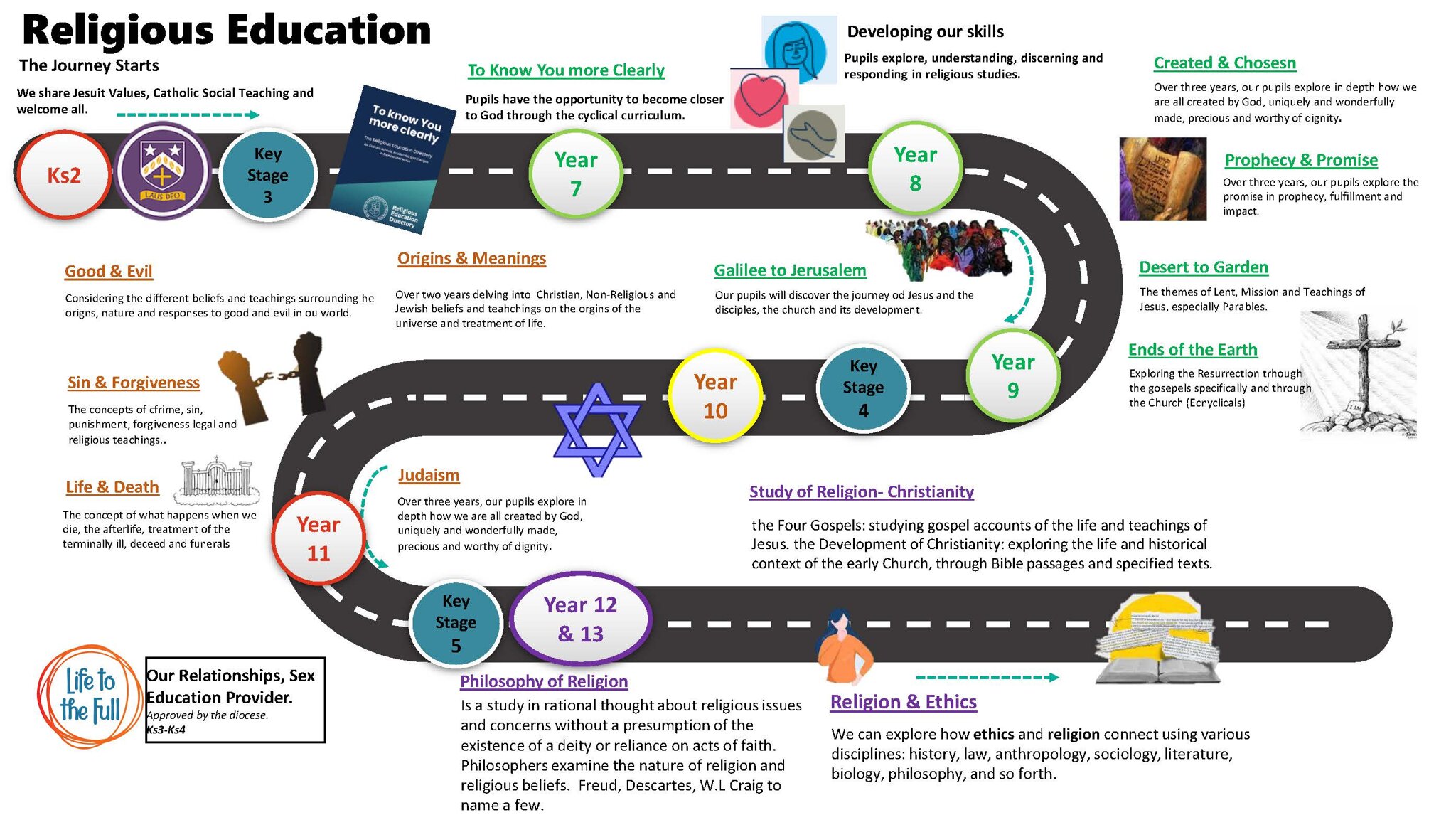
The Key Stage 3 curriculum will change from September 2022 (for Year 7), 2023 (Year 8) and 2024 in line with the new Diocesan framework. RECD 2025- To Know You more Clearly. Nonetheless, many of the current topics will continue to be studied in some form.
The liturgical times of the year are also explored to give meaning and purpose to the spiritual life of the school.
In addition, we believe that Relationships Sex Education (as part of the PHSRE curriculum: See RSE section of school website) should be taught through the Catholic lens and thus we deliver it within our RE lessons.
The Year 7 curriculum is in the main Catholic with an opportunity to study Dialogue between Christian denominations recognising 'the desire to recover the unity of all Christians is a gift of Christ and a call of the Holy Spirit' (CCC 820). There too will be an opportunity for Encounter with other faiths, where called for in the RECD, with this being Islam in Unit 6.
NB: We have made one an amendment to the order of the specification; choosing to place the 2nd unit Prophecy & Promise as the 1st in Year 7 in order to focus on knowing more about the Bible and prophetic texts/language before exploring the creation of the universe and our purpose(s) in order to better set our pupils up for success.
The Year 8 curriculum will build upon the content explored in Year 7 and expand to include Dharmic religion through the Catholic lens during the dialogue & encounter unit. This will be in the order of the RECD specification.
The Year 9 curriculum continues the spiral, enabling further depth in catechesis and culmination in the exploration of an Abrahamic religion through the Catholic lens during the dialogue & encounter unit.
|
|
Autumn |
Spring |
Summer |
|||
|
Year |
Half term 1 |
Half Term 2 |
Half Term 3 |
Half Term 4 |
Half Term 5 |
Half Term 6 |
|
7 |
1.Introduction to BCCC into: Prophecy & Promise*
2. RSE Person I want to become
|
3. Creation & Covenant 4. Advent & Christmas |
5. Galilee to Jerusalem |
6.Desert to Garden
7.Lent, Holy Week & Easter
|
8. Ends of the Earth |
9.Dialogue & Encounter- Christian Communities & Islam |
|
8 |
1.Creation & Covenant
|
2.Prophecy & Promise
3.Advent & Christmas
|
4. Galilee to Jerusalem.
5. RSE Created & Chosen |
6. Desert to Garden 7. Lent, Holy Week & Easter |
9. Ends of the Earth |
7. Dialogue & Encounter- Dharmic Religion |
|
9 |
1.Creation & Covenant
2. RSE Search for Love
|
3.Prophecy & Promise
4.Advent & Christmas
|
5. Galilee to Jerusalem. |
6. Desert to Garden 7. Lent, Holy Week & Easter |
9. Ends of the Earth |
7. Dialogue & Encounter- Abrahamic Faith |
The Key Stage 4 curriculum will continue to follow the EDUQAS- Religious Studies Route B: Study of a Religion- Judaism as a part of the Diocesan Directives.
We continue to teach Relationships Sex Education (as part of the PHSRE curriculum: See RSE section of school website) in our RE lessons as we believe that it is important to deliver it through the Catholic lens.
Our studies include three course components which will culminate in examinations.
Component 1
Catholic Theology; Theme 1: Origins & Meanings + Theme 2: Good & Evil
Component 2
Catholic Theology; Theme 3: Life & Death + Theme 4: Sin and Forgiveness
Component 3
Study of a World Religion – Judaism; Theme 1 Beliefs + Theme 2 Practices.
|
Component Number |
Title |
Written Examination |
% |
Marks |
Themes |
|
1 - Route B |
Foundational Catholic Theology |
1 ½ hours |
37.5% of qualification |
90 marks (plus 6 for spelling, punctuation and grammar) |
Theme 1: Origins and Meaning Theme 2: Good and Evil |
|
2 - Route B |
Applied Catholic Theology |
1 ½ hours |
37.5% of qualification |
90 marks (plus 6 for spelling, punctuation and grammar) |
Theme 3: Life and Death Theme 4: Sin and Forgiveness |
|
3 - Route B |
Study of a World Faith: Judaism |
1 hour |
25% of qualification |
60 marks |
|
|
|
Autumn |
Spring |
Summer |
|||
|
|
Half term 1 |
Half Term 2 |
Half Term 3 |
Half Term 4 |
Half Term 5 |
|
|
10 |
Component 1: Origins & Meanings |
Component 1: Origins & Meanings RSE – Authentic Freedom |
Component 1: Good & Evil |
Component 3: Study of a Religion- Judaism |
||
|
11 |
Component 2: Life and Death |
Component 2: Life and Death RSE- Self Worth |
Component 2: Sin & Forgiveness |
Revision of past content and assessment writing skills |
||
Useful attachments for key stage 4:
Useful attachments for key stage 3:
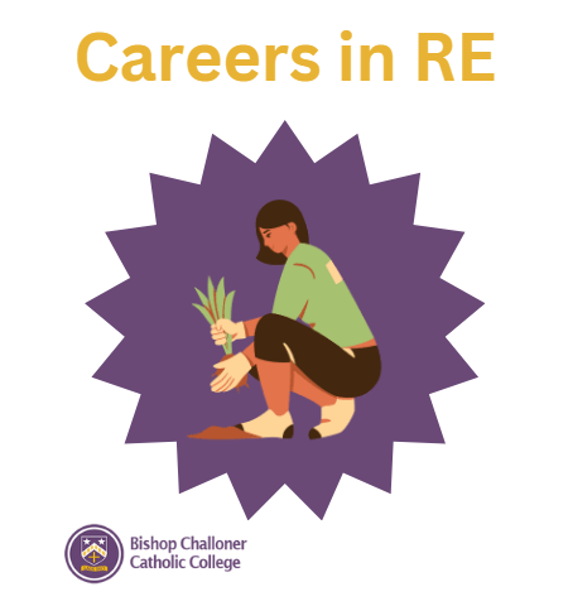 At Bishop Challoner we strive to offer opportunities for holistic growth. Within our Religious Education Curriculum (KS3-KS5) we have linked with the Careers department to highlight where studying religion (philosophy, ethics, a religion, etc.) can lead to a career.
At Bishop Challoner we strive to offer opportunities for holistic growth. Within our Religious Education Curriculum (KS3-KS5) we have linked with the Careers department to highlight where studying religion (philosophy, ethics, a religion, etc.) can lead to a career.
Our careers model links to Gatsby Bench Mark 4- Lining curriculum learning to careers; wherein during relevant lessons we pause to highlight the skills associated and career opportunities.
The ‘career’ logo is an indication that we will be pausing to consider a particular career or careers in association with the specific learning within Religious Education.
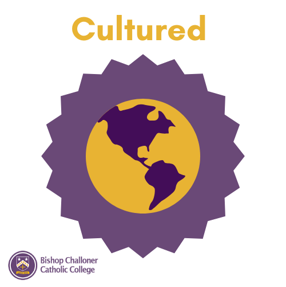
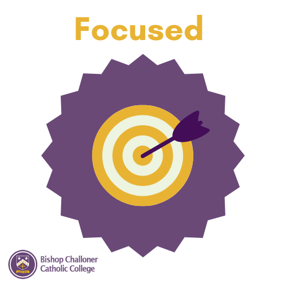
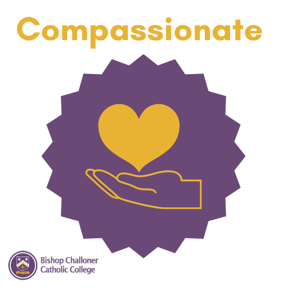
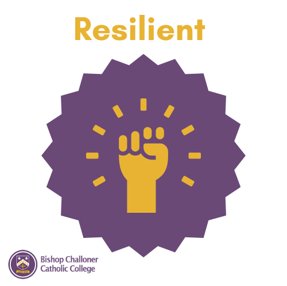
Related Blog Posts

Tolkien Chaplaincy Awards

Chaplaincy Team reflecting on Peace Day
